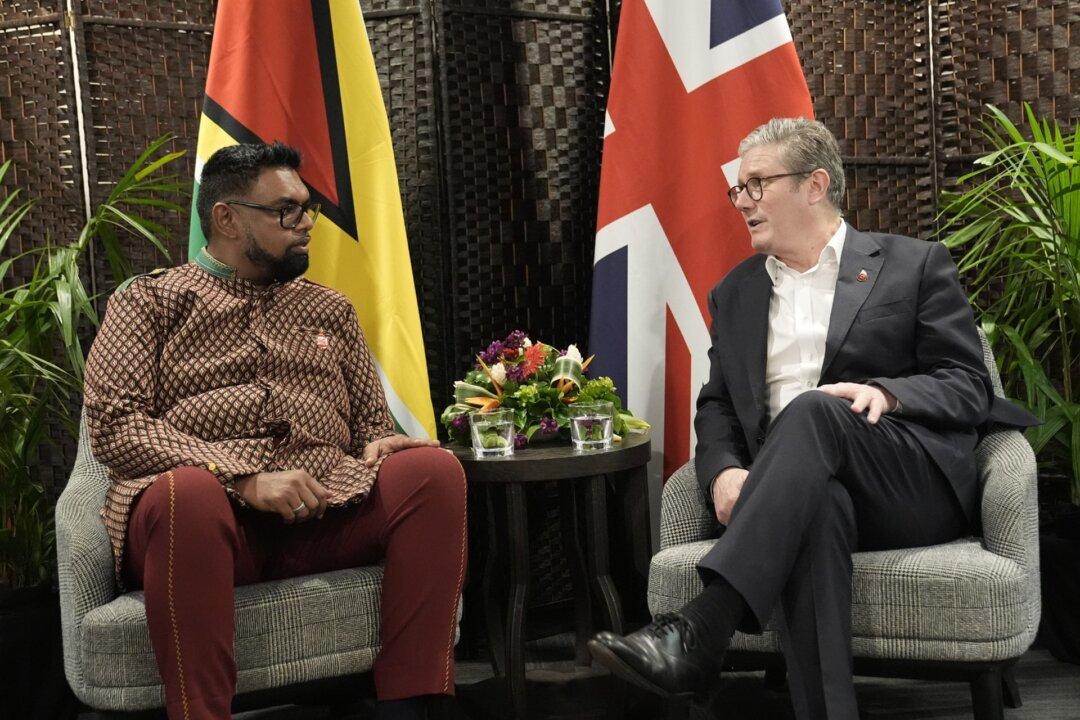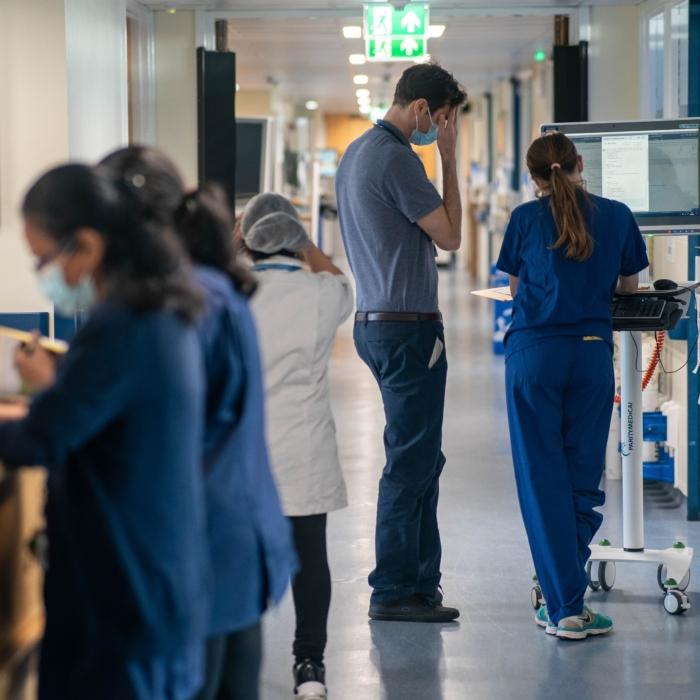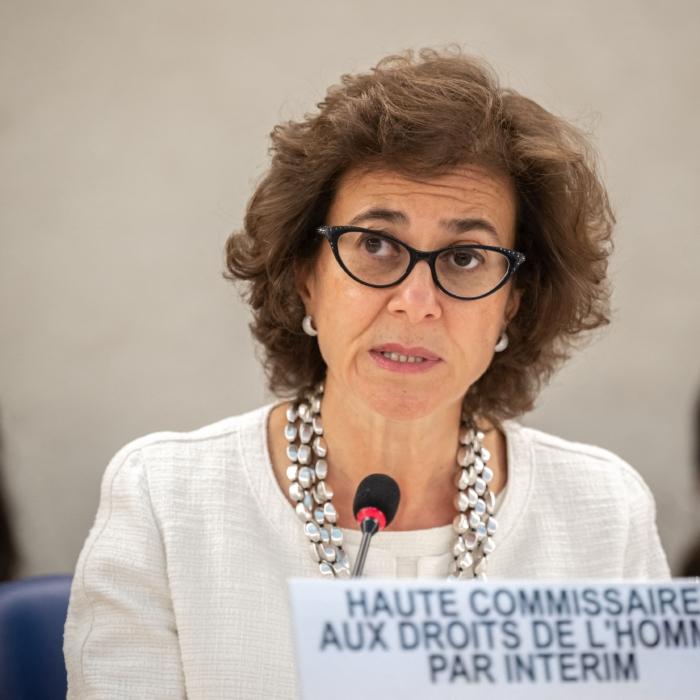Prime Minister Sir Keir Starmer has ruled out calls for the UK to pay reparations to Commonwealth countries for its historical role in the slave trade, saying that today’s nations should not live “in the shadow of the past,” but rather they should learn from it.
Speaking at an executive session of the Commonwealth summit in Samoa, the prime minister said that he understood the “strength of feeling” about reparations, and that it was important to acknowledge a “hard” shared history.
Flanked by leaders from Uganda and Tanzania, Starmer committed to hosting a UK-Caribbean forum with leaders of the nations most impacted by the legacy of slavery.
World leaders will elect the new Commonwealth secretary-general to replace Baroness Scotland during their meeting, and all three candidates vying for the job have called for reparations to countries that were affected by slavery and colonialism.
The prime minister has insisted reparations are not on the table for the Commonwealth summit, despite calls from Caribbean and African member states to discuss the issue.
‘Strength of Feeling’
Speaking alongside other leaders, Starmer said: “We must also acknowledge our shared history— especially when it’s hard.“I understand the strength of feeling here and that there are some calls to face up to the harms and injustices of the past through reparatory justice.”
The prime minister said that the “most effective way to maintain a spirit of respect and dignity is by working together to make sure the future is not in the shadow of the past, but is illuminated by it.”
In a recent opinion poll, 24 percent of white people living in the UK (who were not all British) said that they supported the UK government paying reparations to black people living in the UK, but 61 percent of black people backed the move.
The UK government played a significant role in ending the slave trade through the act of abolition in 1807 following a long campaign led by the MP William Wilberforce.
Opponents of reparations point to the fact that white people have also been enslaved historically, and that some black people were themselves slave traders.
Starmer announced that Britain will host a UK-Caribbean forum in 2025, “focused on looking forward, not back,” and with issues around climate, education, trade, and economic growth on the agenda.
‘Family of Nations’
King Charles has also been attending the summit as head of the Commonwealth of 56 nations, the vast majority of which are former territories of the British Empire, with Rwanda and Cameroon being the exceptions.The British monarch remains the nominal head of state in 14 Commonwealth countries besides the UK. Of the remaining nations, 36 are republics and five have their own monarch.
During his speech on Friday at the official opening ceremony, the king acknowledged the British role in the transatlantic slave trade, but did not directly address the issue of reparations.
Like Starmer, the king emphasised the importance of learning from the past and finding ways to improve people’s lives in the present and for future generations.
The king, who spoke to a number of Commonwealth leaders by telephone before the summit began, said: “None of us can change the past. But we can commit, with all our hearts, to learning its lessons and to finding creative ways to right inequalities that endure.”







